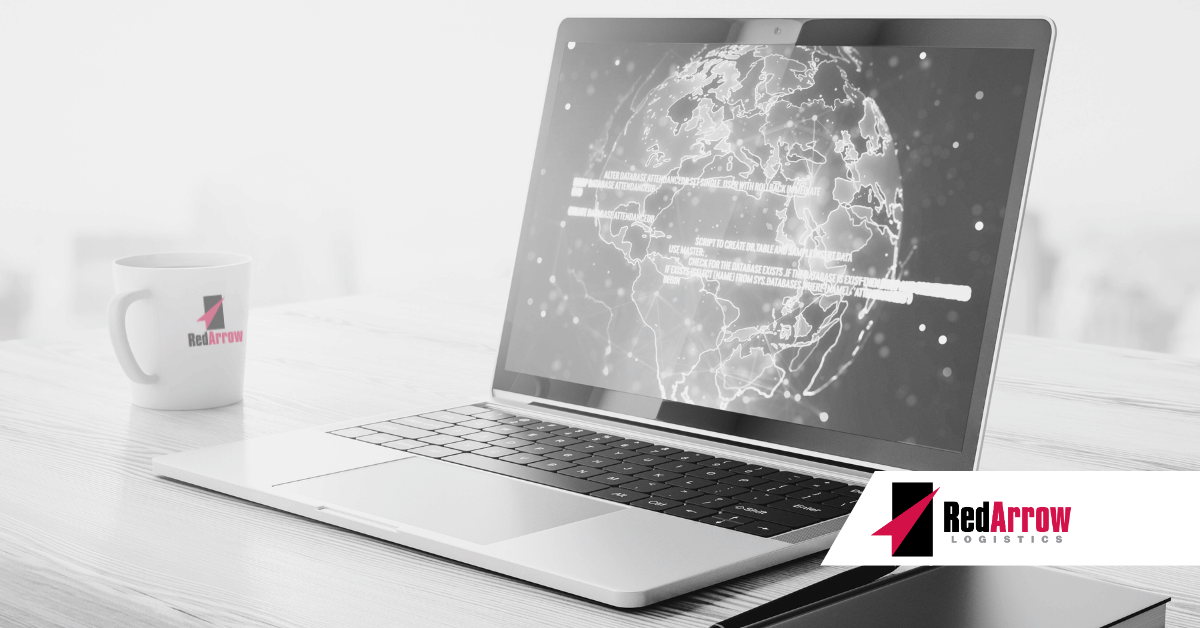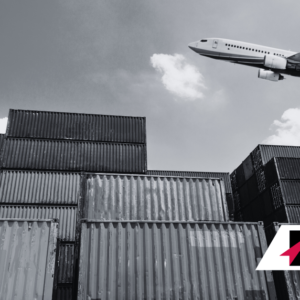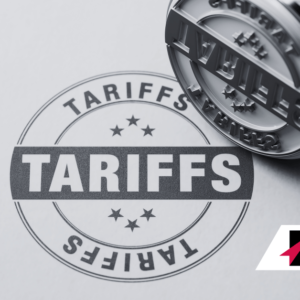In today’s fast-paced supply chain landscape, Artificial Intelligence (AI) is no longer a futuristic concept—it’s a game-changer that is optimizing logistics operations worldwide. From predictive analytics to autonomous vehicles, AI is enhancing efficiency, reducing costs, and improving decision-making.
Key Ways AI is Transforming Logistics
1. Predictive Analytics for Demand Forecasting
AI-powered predictive analytics analyze historical data, market trends, and external factors (such as weather and economic conditions) to optimize inventory levels. This reduces stockouts, minimizes overstocking, and enhances overall supply chain efficiency.
2. Route Optimization and Real-Time Tracking
AI algorithms can analyze vast amounts of traffic, weather, and delivery data to optimize delivery routes in real-time. This reduces fuel consumption, improves delivery times, and lowers operational costs. Companies using AI-driven route optimization can see efficiency improvements of up to 20%.
3. Warehouse Automation and Robotics
AI-driven robotics and automated systems are transforming warehouse operations by increasing picking accuracy, speeding up order fulfillment, and reducing labor costs. Technologies, like automated guided vehicles (AGVs) and robotic arms, streamline material handling processes with precision.
4. Autonomous Vehicles and Drones
AI is paving the way for self-driving trucks and delivery drones, which promise to revolutionize last-mile delivery. These technologies will help reduce human error, cut fuel costs, and enhance efficiency—especially in high-demand urban areas.
5. AI-Powered Customer Service & Chatbots
AI-driven chatbots and virtual assistants are improving customer service by handling inquiries, tracking shipments, and providing real-time updates. This enhances customer satisfaction and allows human representatives to focus on more complex issues.
Best Practices for Implementing AI in Logistics
1. Start Small & Scale Gradually: Begin with AI-driven solutions that can be integrated seamlessly into existing operations, such as predictive analytics or automated customer service, before expanding into more complex applications.
2. Invest in Data Quality & Security: AI relies on accurate and high-quality data. Ensure your data is clean, secure, and well-structured to maximize AI’s effectiveness while maintaining cybersecurity protocols to protect sensitive information.
3. Train & Upskill Your Workforce: AI will not replace logistics professionals—it will empower them. Investing in AI training for employees ensures seamless adoption and maximizes the benefits of AI-driven tools.
4. Partner with AI-Driven Logistics Providers: Collaborate with logistics providers that leverage AI technologies to enhance operational efficiencies. At Red Arrow Logistics, we incorporate advanced technology-driven solutions to help our clients optimize their supply chain strategies.
The Future of AI in Logistics
AI is continuously evolving, and its role in logistics will only grow stronger. Companies that embrace AI now will be better positioned to increase efficiency, reduce costs, and improve service levels in the years ahead.
Your Trusted Partner
At Red Arrow Logistics, we are committed to leveraging cutting-edge technology to drive innovation in logistics. If you’re looking to optimize your supply chain, contact us today.
Red Arrow offers the scale and scope of services including air, ocean, and ground transportation to meet the budget and schedule requirements of the largest and smallest companies alike. If we can be of assistance, please email us at info@redarrowlogistics.com or give us a call at 425-747-7914.





